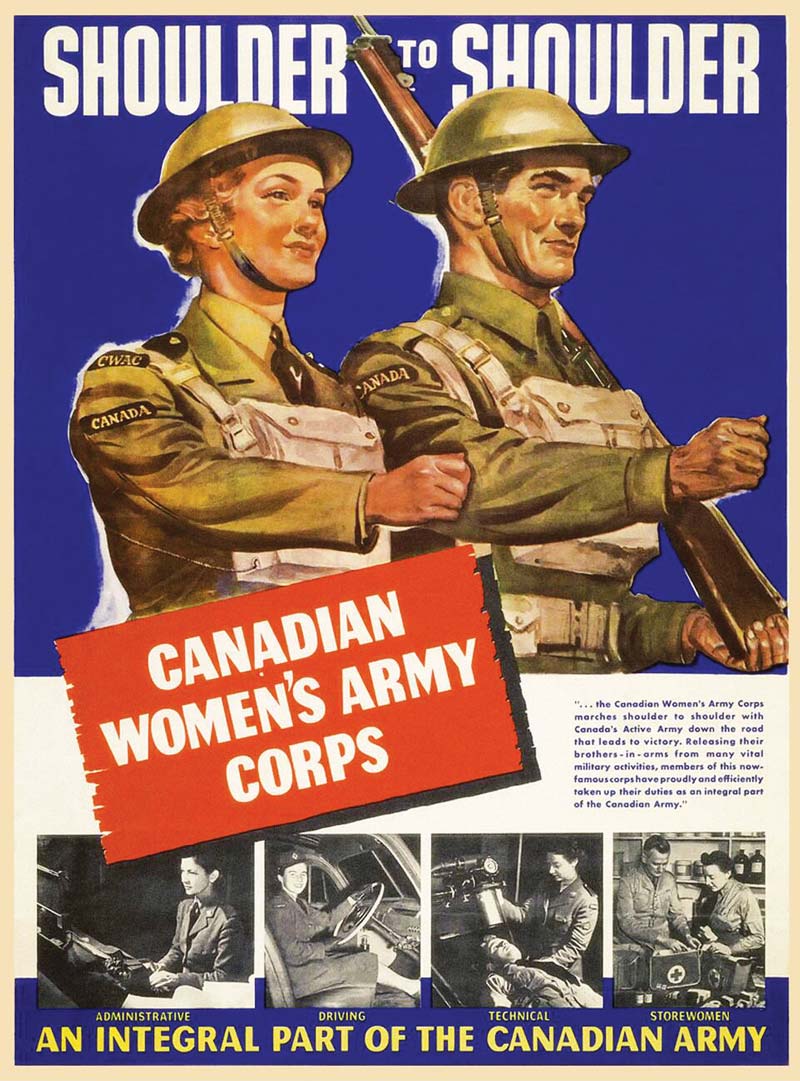
[World of Triss/Alamy]
1 March 1942
The Canadian Women’s Army Corps is granted full army status and becomes an integral part of the Canadian Militia. Prior to this, only nursing sisters were admitted into the country’s armed forces.
2 March 2011
HMCS Charlottetown heads for Libya to provide humanitarian assistance amid civil war.
3 March 1838
A small British force led by Capt. George Browne intercepts and repulses American invaders near Pelee Island, Upper Canada.
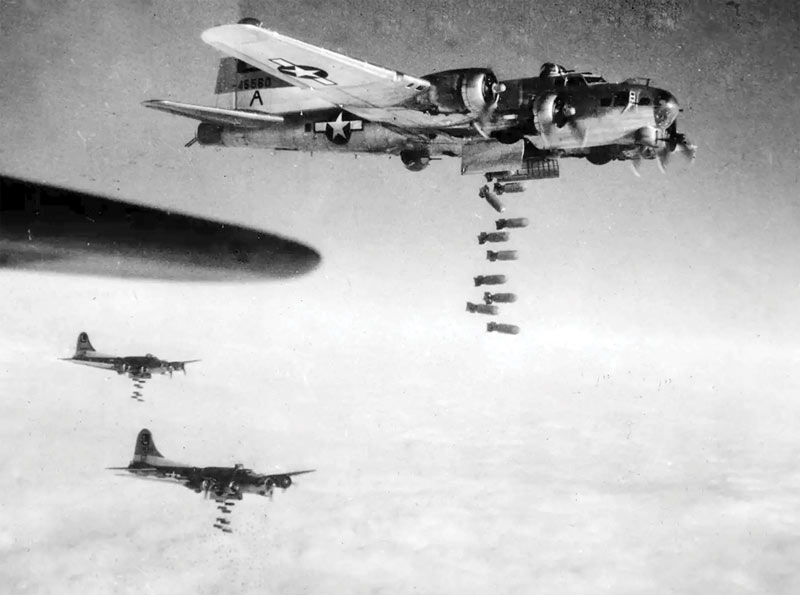
[Niday Picture Library/Alamy]
5 March 1945
Some 700 Allied bombers destroy Chemnitz, Germany.
7 March 1936
Nazi Germany sends troops into the Rhineland, bordering Belgium, violating the Treaty of Versailles.
8 March 2001
The Royal Canadian Navy authorizes women to serve on submarines.
9 March 1925
The first Royal Air Force operation conducted independently of the British Army or Royal Navy is led by Wing Cmdr. Richard Pink.
10 March 1944
HMC ships St. Laurent, Swansea and Owen Sound, along with HMS Forester, destroy U-845 in the North Atlantic.

[DND/LAC; LAC/C-018082]
12 March 1964
Canada commits peacekeepers to the United Nations mission in Cyprus; more than 25,000 personnel serve there over the next 29 years.
13 March 1951
Communist forces begin a withdrawal across all fronts in the Korean War.
14 March 1984
NASA announces Marc Garneau as one of seven astronauts on space shuttle Challenger’s sixth flight. Later that year Garneau became the first Canadian to go to space.
15 March 1990
RCMP officer Baltej Singh Dhillon becomes the first officer to be allowed to wear a turban in uniform.
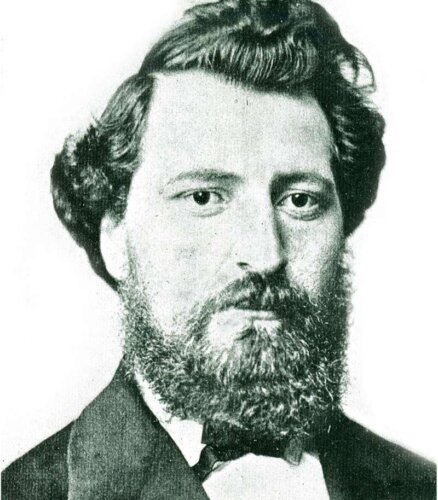
University of Manitoba Libraries/Wikimedia
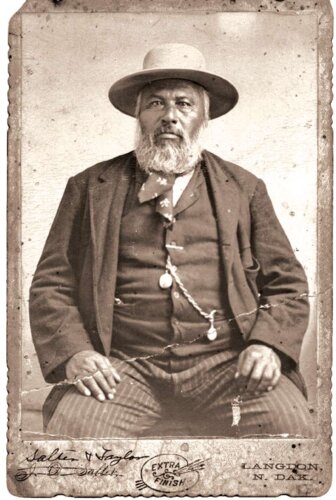
University of Manitoba Libraries/Wikimedia
18 March 1885
Métis at Batoche, Sask., are warned that Canadian soldiers are on their way to arrest Louis Riel and Gabriel Dumont.
19 March 1964
Sgt.-Maj. Walter Leja receives the George Medal for bravery in dismantling FLQ bombs in Montreal.
23 March 1965
Fifteen RCAF aircrew are killed when their Argus patrol plane crashes during a night exercise off Puerto Rico.
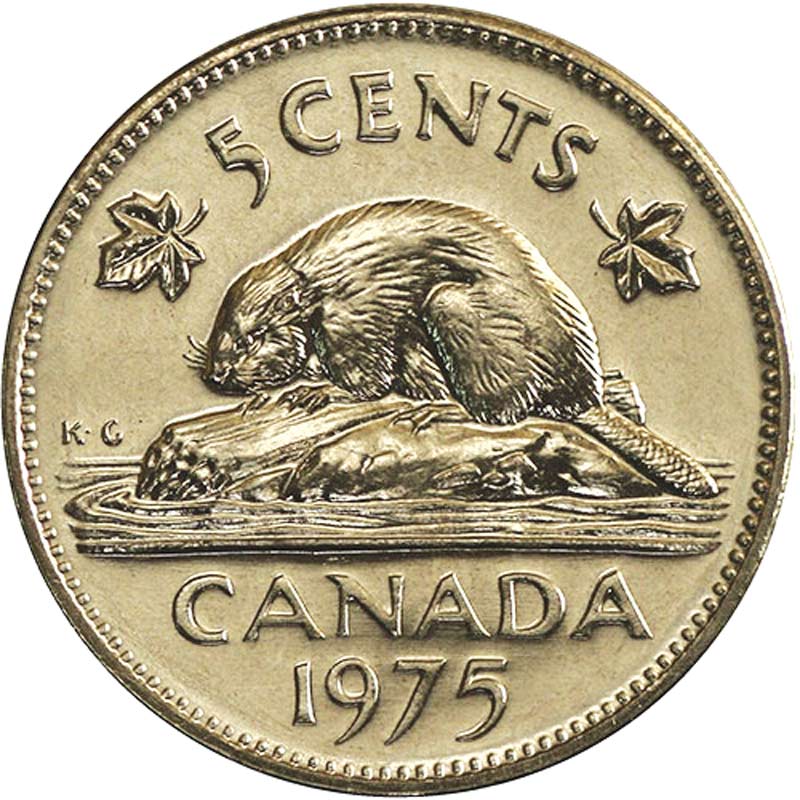
[coincanada.com]
24 March 1975
The beaver becomes an official symbol of Canada.
27 March 1918
Wounded several times in an aerial dogfight in which he shot down three enemy planes, Alan Arnett McLeod crash-lands in no man’s land. He is awarded the Victoria Cross.

[Shutterstock]
31 March 1966
Luna 10 is launched by the USSR. It becomes the first satellite to orbit the moon.
1 April 1924
The Royal Canadian Air Force is established.
2 April 1885
Cree warriors, led by war chief Wandering Spirit, kill nine settlers at Frog Lake as part of the North-West Resistance in what was then the District of Saskatchewan.
3 April 1945
The First Canadian Army captures the German town of Zevenaar.
4 April 1949
The North Atlantic Treaty, which forms the legal basis of NATO, is signed by member countries. (Also see “Security system” on page 42.)
7 April 1991
HMC ships Athabaskan, Protecteur and Terra Nova return home from service in the Persian Gulf War.
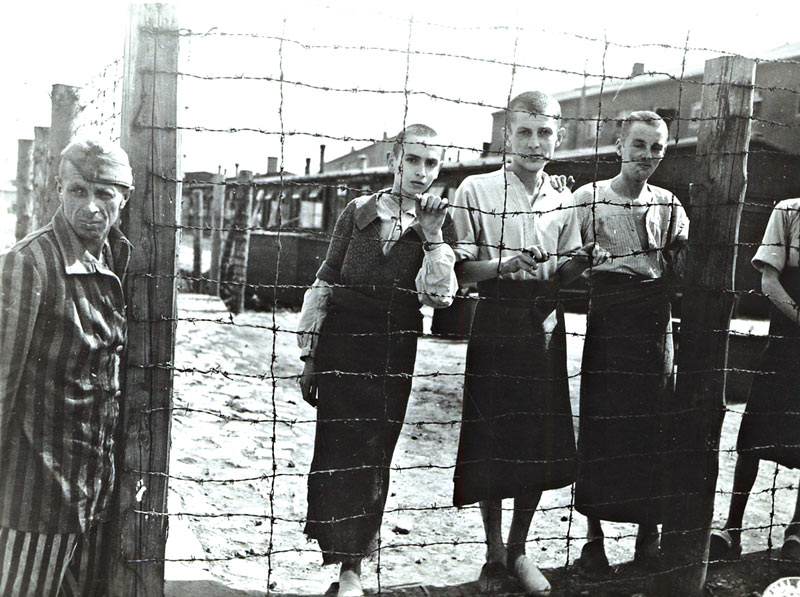
[Montreal Holocaust Museum]
10 April 1945
The Nazi concentration camp of Buchenwald near Weimar, Germany, is liberated by U.S. troops.
13 April 2011
Under a hail of bullets, Cpl. Brian Belanger drags a wounded Afghan soldier to cover and administers first aid after an ambush in Afghanistan. He is awarded the Medal of Military Valour.
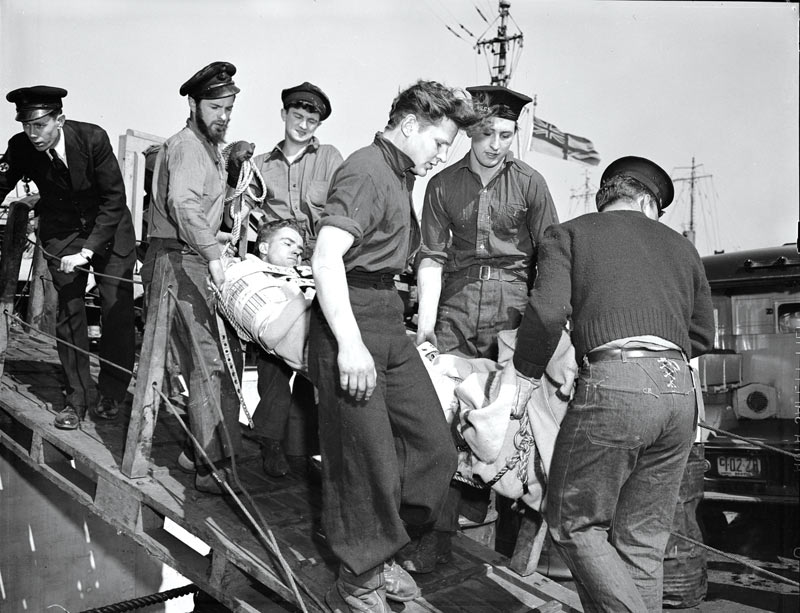
[DND/LAC/PA-157033]
16 April 1945
Canadian minesweeper Esquimalt is torpedoed by German submarine U-190 off Halifax and sinks before it can send a distress signal; 44 die, while survivors are rescued by HMCS Sarnia.
18 April 1943
No. 14 Squadron, RCAF, supports the U.S. Eleventh Air Force bombing Japanese installations on Kiska in Alaska’s Aleutian Islands.
20 April 1953
Prisoners of war are exchanged between North Korean and United Nations forces at Panmunjom as Korean War fighting grinds to a halt.
21 April 1997
The CAF launches Operation Assistance in response to flooding along Manitoba’s Red River.
24 April 1992
The United Nations establishes a peacekeeping mission to Somalia in which Canada would infamously participate.
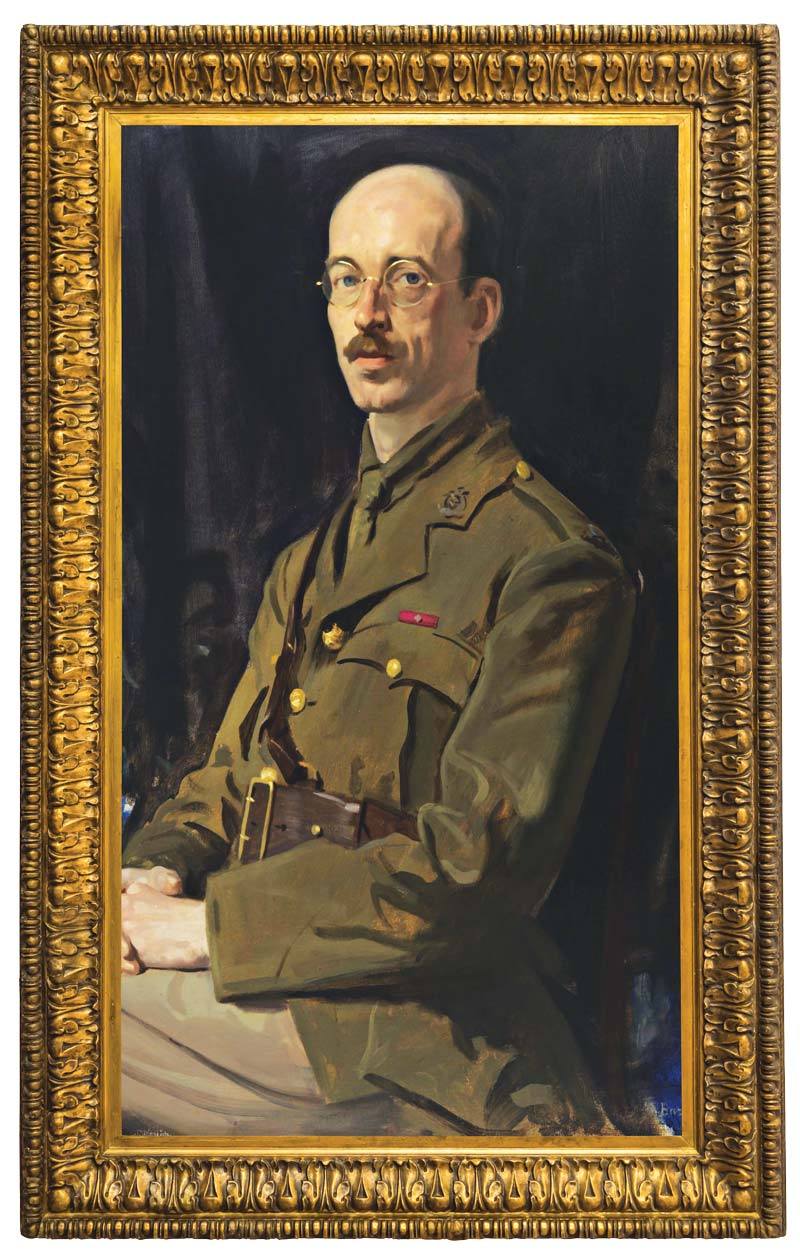
[CWM]
25 April 1915
Under heavy fire at Saint-Julien, Belgium, Capt. Francis Scrimger protects a wounded officer with his own body. He receives a Victoria Cross for his action.
27 April 1942
Quebec votes “Non” in a national conscription plebiscite.
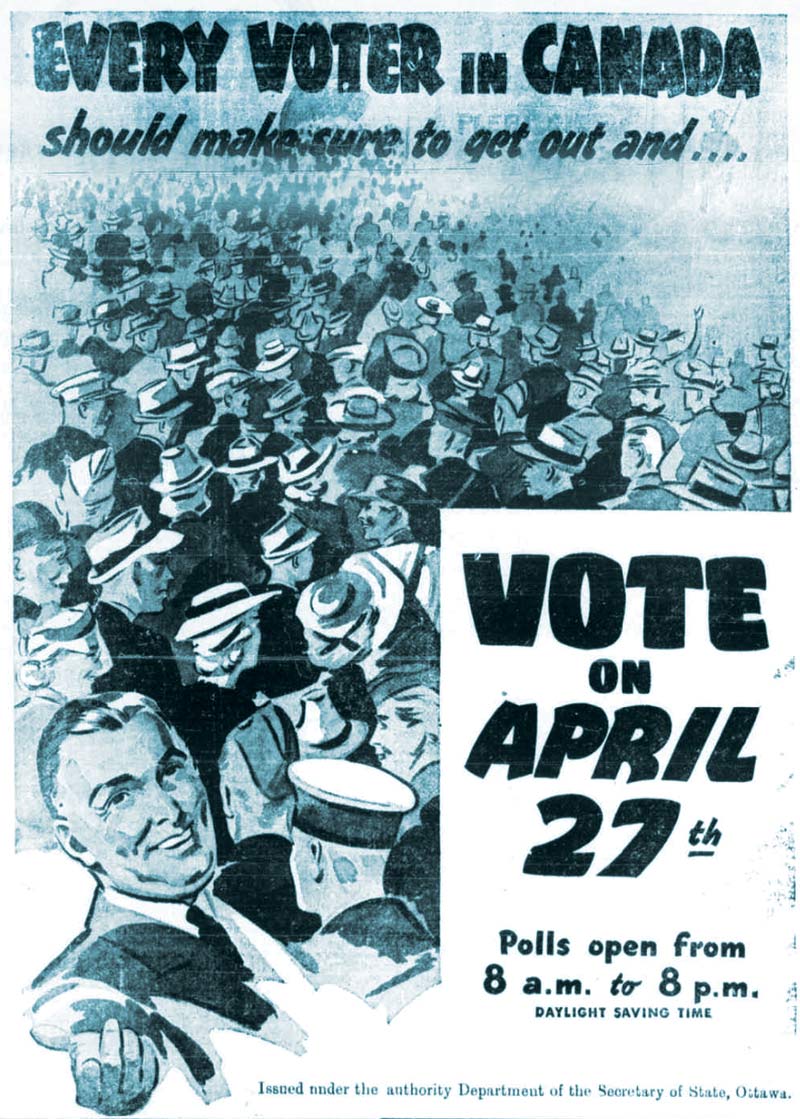
[Wikimedia]
Advertisement



















